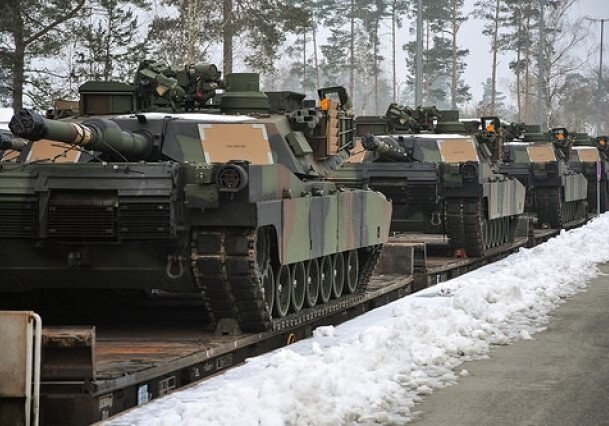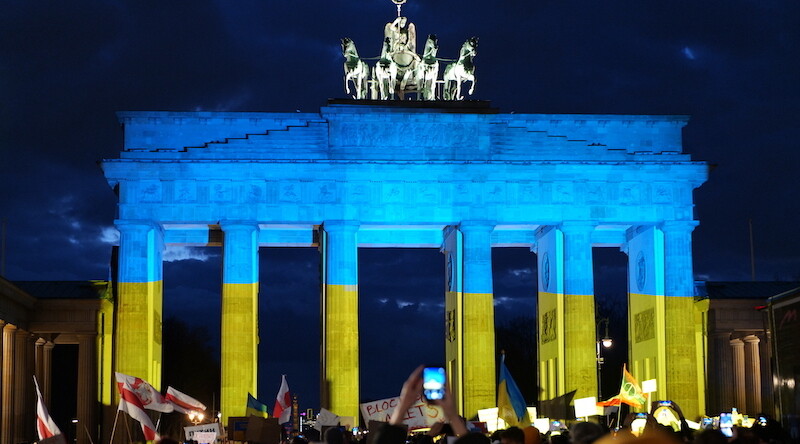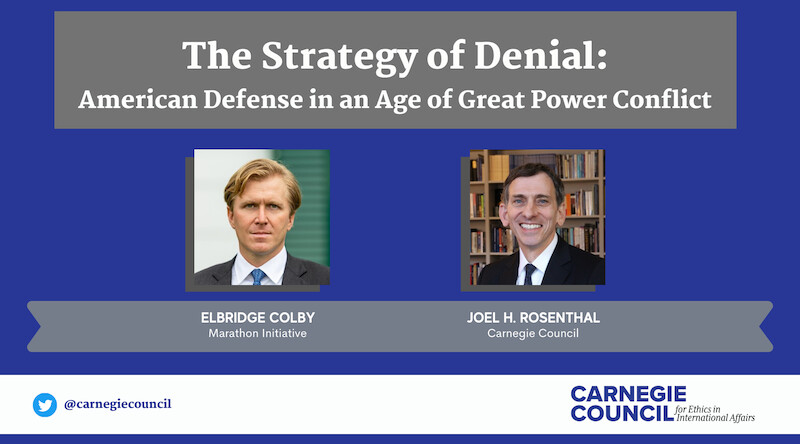Now that HIMAR and Patriot missiles as well as Leopard and Abrams tanks are on the way to Ukraine, NATO unity is at a high point. Talk is turning to F-16s as a next step in support for the war effort, along with consistent economic, political, and intelligence assistance to match Russia's escalating aggression.
Amid this historic and heroic resolve, something is missing—a concurrent offensive of diplomacy.
By diplomacy I do not imply any whiff of appeasement. On the contrary. A hard-headed, realistic, and pragmatic discussion of how this war should end would strengthen rather than weaken prospects for success. It would also help to ensure continued support from Ukraine's staunchest allies.
Ukraine's valiant defense of its freedom and its endurance of Russian aggression has rallied and invigorated the West. Yet questions remain as to how to consolidate Ukraine's victories, and how to mitigate the current war of attrition.
Facts on the ground matter. And it is understandable that the warring parties seek to alter these facts in advance of an eventual cease-fire and peace talks. Little in war is certain; however, as this conflict nears its second year, preparation for counter-offensives suggest a likelihood of dangerous escalations.
Meanwhile, the human costs are mounting. Ukraine has experienced thousands of civilian casualties, a 30 percent reduction in GDP, severe damage to its energy infrastructure, and a reduction in exports triggering a crisis in the world food supply. Russia's military casualties are widely reported to be in the tens of thousands as political and economic isolation continues. The United States is increasing its production of artillery shells by 500 percent to meet demand.
The futility of war is an ancient theme. The recent movie remake of Erich Maria Remarque's World War I classic novel All Quiet on the Western Front is a stark and timely reminder of the irrationality and waste of industrial war. Seventeen million dead within the span of four years—most of the deaths in fighting over a few square meters of mud between trenches.
Some wars are necessary and just. The war in Ukraine is such a conflict, as NATO stands with Ukraine against Russia's catastrophic war of aggression, punctuated by its targeting of civilian infrastructure. To meet the high standard of supporting a "just war," it is critical at this moment for policymakers to continue to connect the means of war (the use of violence) to the ends of war (a just peace).
Peace and strength are two virtues that depend on each other. The most hard-boiled realists understand this. It is no coincidence that the father of modern realism Hans Morgenthau concluded his master work Politics Among Nations with an ode to diplomacy.
Let's hope someone in the NATO offices is consulting Morgenthau's "Nine Rules of Diplomacy" as the arsenals of democracy continue to supply arms and intelligence, and as battlefield operations continue apace. Among the guidance they will find there is that "diplomacy must be divested of the crusading spirit;" "the armed forces are the instrument of foreign policy, not its master;" and "the government is the leader of public opinion, not its slave."
The allure of victory on the battlefield is great. But history reminds us that real victories are secured at the peace table. Ukraine's edge is in its moral argument as well as in its material support from its allies. Escalation is indeed necessary up to a point; but alone it will be insufficient to the task at hand.
Joel H. Rosenthal is president of Carnegie Council for Ethics in International Affairs. Subscribe to his President's Desk newsletter to receive future columns translating ethics, analyzing democracy, and examining our increasingly interconnected world.
Carnegie Council for Ethics in International Affairs is an independent and nonpartisan nonprofit. The views expressed within this article are those of the author and do not necessarily reflect the position of Carnegie Council.






